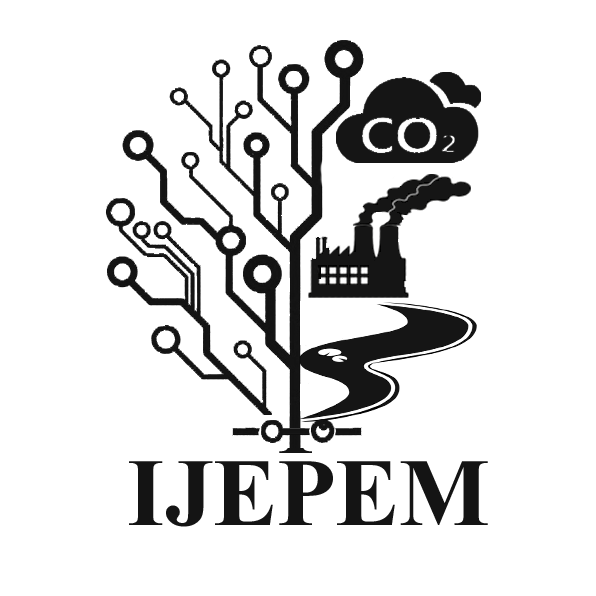
International Journal of Environmental Pollution and Environmental Modelling
Yazarlar: Chinedu S IFEAKOR
Konular:Çevre Bilimleri
Anahtar Kelimeler:African ontology,African environmental Ethics,Obligatory Anthropoholism
Özet: African ontological discourse revolves around a few principles, the interrelatedness of being, what is variously interpreted as communalism, ubuntu, Holism, communitarianism etc. This is the view that every being in the world, animate and inanimate are interconnected into a whole. This makes it possible for African environmental attitude to claim to be holistic. Since we are one, we care for each other, humans care for animals, plants, and mountains not because of what to gain from them but because we are the same and harming the river is same as harming oneself. The weakness of seeing African environmental ethics as only holistic is that it is not African enough as the paper will argue. The second principle in African ontological discourse is the human being. This principle has made scholars like Callicott and even some African scholars to describe African environmental ethics as anthropocentric. The paper also argues that branding African environmental ethics anthropocentric is not African enough. This is because Africans live in an interconnected world, comprising both the living, the dead and nature. Humans are only one privileged part of the whole and this is because of her obligatory role to nature and the world as a result of her capabilities. Through the method of analysis, the paper argues that a plausible African environmental ethics will be one that will blend the holistic nature of the African ontology and its pride of place given to humans. It will be discovered that obligatory anthropoholism can comfortably blend these two principles without necessarily being anthropocentric.